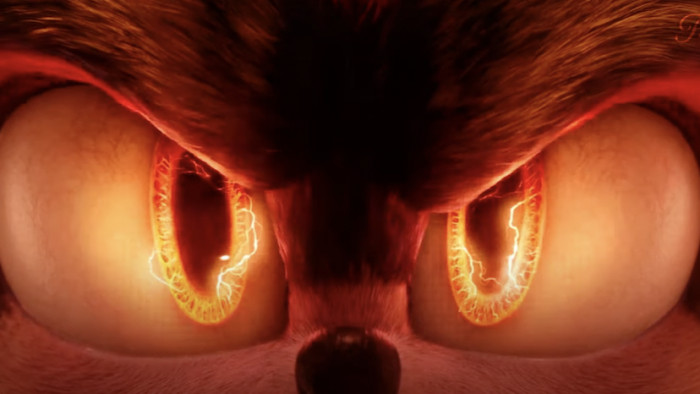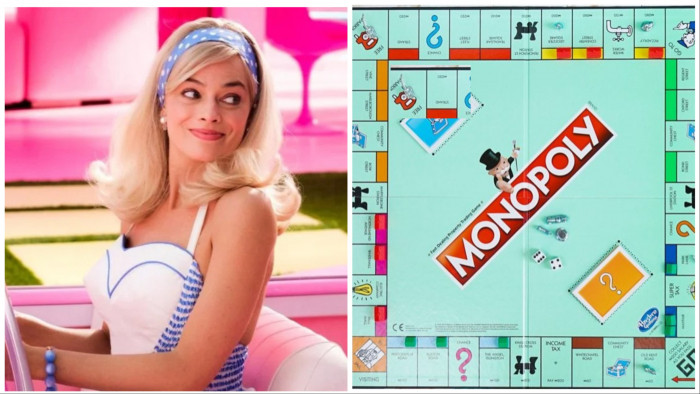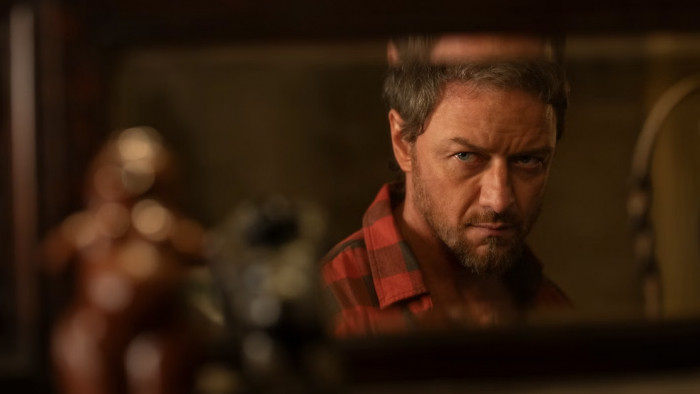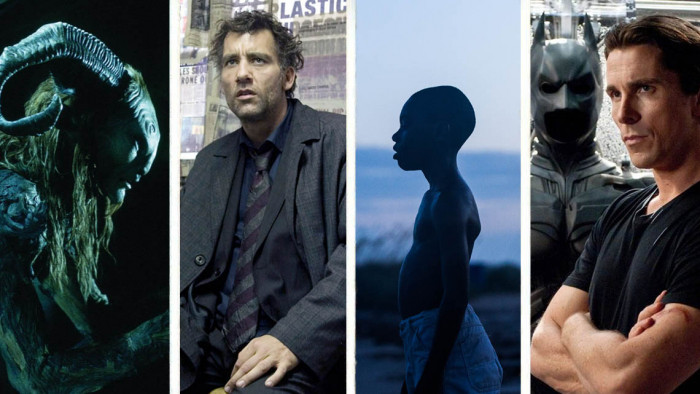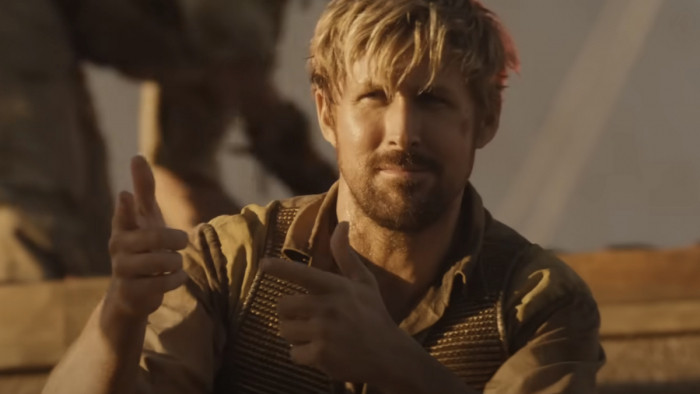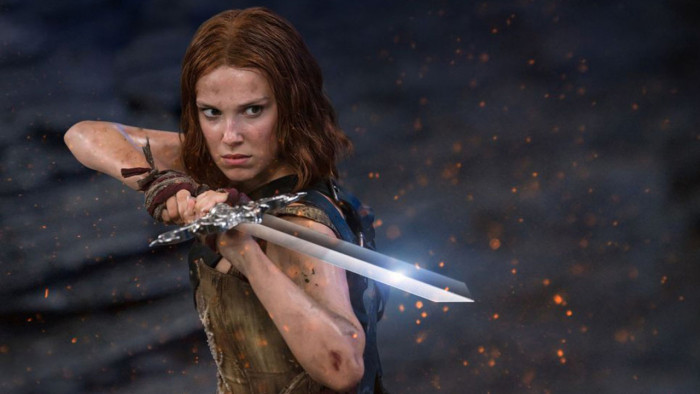20 Things You (Probably) Didn't Know About City Of God
20 Things You (Probably) Didn't Know About City Of God


Kinetic, engaging and, at times, excruciating to watch, City of God (Cidade de Deus) treads that finest of lines of being impossibly cool and yet flawlessly powerful in its message. Read our 20 facts you (probably) don't know about it then, if you have it, hunt the movie out on Netflix because this masterpiece of not just Braziliian, but global cinema, simply hasn't aged a second in its 12 year existence.
CHECK OUT THE 25 GREATEST FILMS OF THE 00S
(Images: All Star, Rex Features)

1.
The tagline for the movie reads in English: "If you run, the buck catches; if you stay, the buck eats", a proverb which is analogous to "You're damned if you do, damned if you don't".

2.
Director Fernando Meirelles and co-director Kátia Lund went on to create the City of Men TV series which shared some of the actors and their setting with City of God. The series was watched by 35 million viewers in Brazil and lasted 4 seasons. It was a lot more lighthearted that City of God. Check out the intro, here.

3.
Most of the actors for the movie were, in fact, residents of favelas such as Vidigal and the Cidade de Deus itself. According to Meirelles, amateur actors were used for two reasons: the lack of available professional black actors, and the desire for authenticity.

4.
In 2000, about a hundred children and young people were hand-picked and placed into an "actors' workshop" for several months. In contrast to more traditional methods (e.g. studying theatre and rehearsing), it focused on simulating authentic street war scenes, hold-ups, scuffles and a shoot-outs.

5.
Leandro Firmino (Zé Pequeno) really was from the City of God and had no ambitions to be an actor, he only went to the audition to keep his friend company.

6.
After filming, the crew could not leave the cast to return to their old lives in the favelas. Help groups were set up to help those involved in the production to build more promising futures

7.
The movie featured in TIME's "All-Time" 100 Movies - a compilation celebrating 100 of "the greatest" films released between 1923 (when the first issue of TIME was published) and 2005 (when the list was compiled).

8.
The score to the film was composed by Antonio Pinto and Ed Córtes. Pinto bagged a nomination in the Best Original Song category at the Golden Globe Awards for writing the song "Despedida" with Shakira. He also worked on music for Collateral (pictured) and Lord Of War.

9.
The scene where the gang prays before going into battle was not scripted. During the shooting a young boy, who used to be a gang member, asked director Fernando Meirelles (pictured, on set) if the group was not going to pray like he and his gang always did before any important confrontation. Meirelles told him to lead the prayer as they shot the scene.

10.
The film ends eavesdropping on the "Runts" as they assemble their death list. The real gang "Caixa Baixa" (Low Gang) is rumored to have composed such a list. They were a group of kids who grew up on the streets together.

11.
When Knockout Ned kills someone for the first time (1hr 26mins in), some people who live in the City of God approach him and congratulate him for the killing. The first woman to talk to him was played by the mother of the real life Knockout Ned.

12.
Matheus Nachtergaele, who plays Carrot, was essentially an unknown actor when Meirelles saw him in a play and cherry-picked him for the part. Alas, while Meirelles was working on the script, Nachtergaele suddenly became a huge star in Brazil after his role in the hit film A Dog's Will. Meirelles was gutted because he wanted all the roles to be played by non-"name" actors. Nachtergaele promised him that he would disappear into the role so completely that his stardom would not distract from the film and even moved to the real Cidade de Deus for 3 months to prepare for the role.

13.
Despite many of the actors loving there, the film was not actually shot in Cidade de Deus slum as it was too dangerous. It was shot in a neighbouring, less dangerous area.

14.
The name Buscapé or Rocket refers to the firecracker type of rocket rather than the lunar type. The "Zé" part of the name Little Zé comes from José, so his real name, translated, would be Joseph.

15.
The last shot of the movie, where the little boy named "Giant" loses his shoe and has to pick it up, was not scripted. It really happened and Meirelles kept it in.

16.
Seu Jorge, who plays Knockout Ned, is a samba-soul singer with cult-status in Brazil. One of his songs can be found in the movie's soundtrack. He is also known for having played Pelé dos Santos in Wes Anderson's The Life Aquatic with Steve Zissou and he also performed at the closing ceremony of the London 2012 Olympics.

17.
During the scene set in the newsroom where Rocket is furious that his photos have been used in the paper, some crew members can be seen including Art Director, Tulé Peak, who grins through the window.

18.
To prepare for the harrowing scene in which a "Runt" cries when he is shot in the foot an acting coach worked with the kid - who had never acted before - and discovered his biggest fear was having a toothache. So, when the time came to shoot the scene, the coach told him to just remember his toothache, and when he was shot in the foot, to pretend his toothache pain had moved to his foot. The kid was also "scared to death" of Leandro Firmino who played Li'l Zé, the character that confronts them in the scene.

19.
Alice Braga, who played Rocket's love interest Angelica, went on to star opposite Will Smith in I Am Legend and opposite Matt Damon in Elysium. In the documentary City of God: 10 Years Later, she credits the film for launching her career. "I think that beach scene, especially the one with the kiss, really helped my career because the frame of that kiss stuck in many people's minds," she told the documentary.

20.
In 2009, Cidade de Deus became the second favela in Rio to be "pacified" as part of a government programme to improve safety by increasing the police presence. Cops moved into the favela and installed a special unit to try and drive out drug traffickers. The murder rate fell from 36 out of every 100,000 in 2008, to five in 2012.
Latest
Related Reviews and Shortlists


